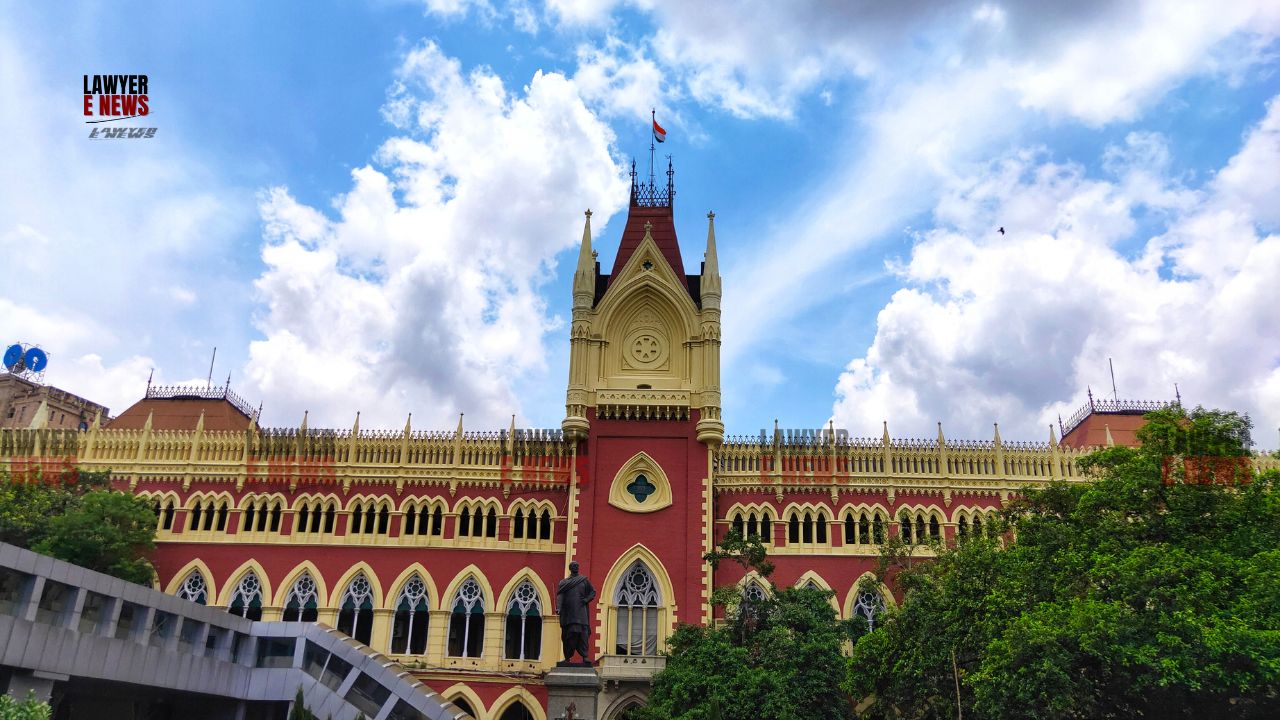-
by Admin
15 February 2026 5:35 AM



The High Court of Calcutta has dismissed an application by Mascot Petrochem Pvt. Ltd. Seeking an order for the defendants, S.B. Construction & Co. and others, to furnish security and restrain bank operations due to alleged non-payment for goods supplied. Justice Krishna Rao ruled that the plaintiff failed to demonstrate a prima facie case or provide sufficient evidence warranting attachment before judgment.
Mascot Petrochem Pvt. Ltd. Supplied bitumen and emulsion to S.B. Construction & Co. between 2013 and 2018. Mascot claimed that out of an aggregate value of Rs. 1,76,20,667/-, the defendants made part payment of Rs. 65,79,190/-, leaving an outstanding amount of Rs. 1,10,41,477/-. Additionally, Mascot alleged the defendants were attempting to siphon off funds to obstruct potential decree satisfaction, seeking a court order under Order XXXVIII, Rule 5 of the CPC to secure the due amount.
Justice Krishna Rao noted that the plaintiff, Mascot Petrochem, provided insufficient evidence to substantiate its claims of non-payment and potential asset dissipation by the defendants. The court observed, “The plaintiff has made only a bold statement but has not filed any documents with regard to the said contentions.”
The defendants, represented by S.B. Construction & Co., disputed the plaintiff’s claims, arguing that the supplied materials were of substandard quality, resulting in additional costs for repairs as directed by government authorities. They presented evidence of payments and communication regarding the quality issues, asserting that they had fully paid for the supplied goods.
Justice Krishna Rao emphasized the stringent requirements under Order XXXVIII, Rule 5 of the CPC, highlighting that the power to order attachment before judgment is drastic and extraordinary, to be used sparingly and only when a prima facie case is established. The court cited precedents, including Raman Tech. and Process Engg. Co. v. Solanki Traders, to reinforce that mere apprehensions without substantial evidence of intent to obstruct or delay execution of a decree are insufficient for such orders.
“The power under Order XXXVIII, Rule 5 CPC is a drastic and extraordinary power. Such power should not be exercised mechanically or merely for the asking,” Justice Rao remarked, referencing the Supreme Court’s guidance in Raman Tech. and Process Engg. Co. case.
The High Court’s dismissal of Mascot Petrochem’s application underscores the judiciary’s cautious approach towards pre-trial attachments and security orders. By affirming the necessity of concrete evidence and a prima facie case, this judgment reinforces the legal framework designed to prevent misuse of Order XXXVIII, Rule 5 CPC. This decision is expected to set a precedent for similar future disputes, ensuring that such drastic measures are reserved for genuinely substantiated claims.
Date of Decision: 18th June 2024
